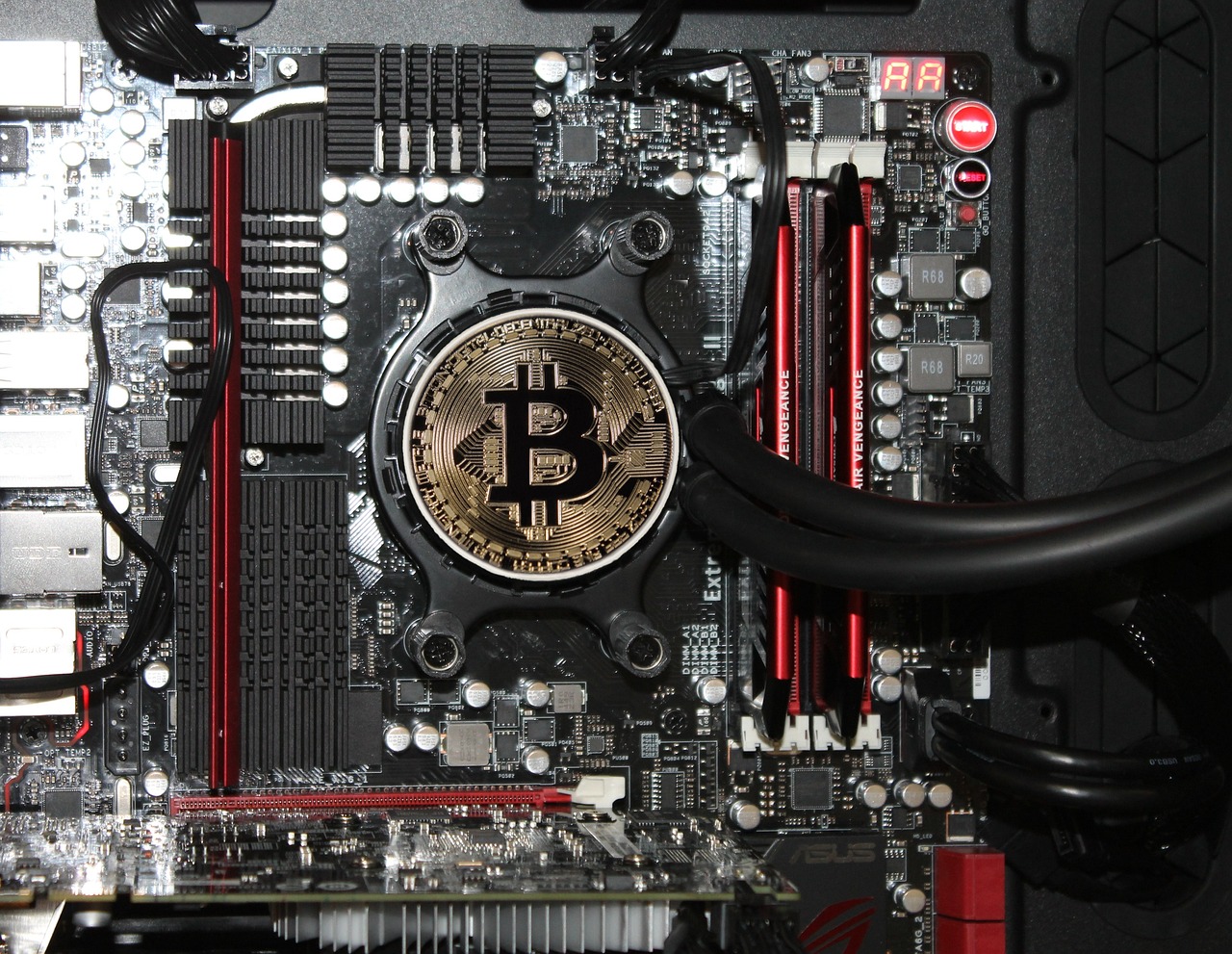- Blockchain Nodes: The Pillars of Decentralized Networks
Blockchain technology has revolutionized the way we interact with data, empowering individuals with unparalleled levels of security and transparency. At the heart of this revolutionary technology lie blockchain nodes, the essential building blocks that maintain and verify the integrity of decentralized networks.
What are Blockchain Nodes?
Blockchain nodes are specialized computers that independently validate, store, and transmit data across a blockchain network. They ensure that the data on the blockchain remains secure, accurate, and tamper-proof. Nodes work together in a peer-to-peer network, collectively maintaining a distributed ledger that contains all transaction records.
Types of Blockchain Nodes
- Full Nodes: Store a complete copy of the blockchain and participate in all network processes, including transaction validation and block creation.
- Light Nodes: Store only a subset of the blockchain and rely on full nodes for transaction validation.
- Pruned Nodes: Store a full copy of the blockchain but remove older data to save disk space.
- Archive Nodes: Store the entire blockchain history and play a crucial role in data recovery and historical analysis.
Benefits of Blockchain Nodes
- Decentralization: Nodes distribute the workload across the network, eliminating single points of failure and ensuring network resilience.
- Security: Nodes independently validate transactions and blocks, preventing malicious actors from manipulating the blockchain.
- Data Integrity: By verifying transactions and blocks, nodes ensure the accuracy and consistency of the data on the blockchain.
- Transparency: All transactions and blocks are publicly visible on the blockchain, providing transparency and auditability.
Key Features of Blockchain Nodes
- Consensus Mechanisms: Nodes use consensus mechanisms like Proof of Work or Proof of Stake to agree on the validity of transactions and blocks.
- Network Communication Protocols: Nodes communicate with each other using specific protocols like TCP/IP or peer-to-peer messaging.
- API Interfaces: Nodes provide external interfaces that allow applications to interact with the blockchain network.
Practical Use Cases
- Cryptocurrency Transactions: Nodes validate and process cryptocurrency transactions, ensuring their validity and security.
- Smart Contract Execution: Nodes facilitate the execution of smart contracts, enabling automated transactions and decentralized applications.
- Data Storage and Management: Nodes provide a secure and tamper-proof way to store and manage sensitive data on the blockchain.
- Supply Chain Management:* Nodes enable real-time tracking and verification of goods throughout the supply chain, enhancing transparency and efficiency.
Conclusion
Blockchain nodes are the backbone of decentralized networks, ensuring the security, accuracy, and transparency of blockchain technology. They empower individuals and organizations to leverage the benefits of blockchain, including decentralization, security, data integrity, and transparency. As blockchain continues to evolve, nodes will play an increasingly critical role in shaping the future of decentralized technologies.



